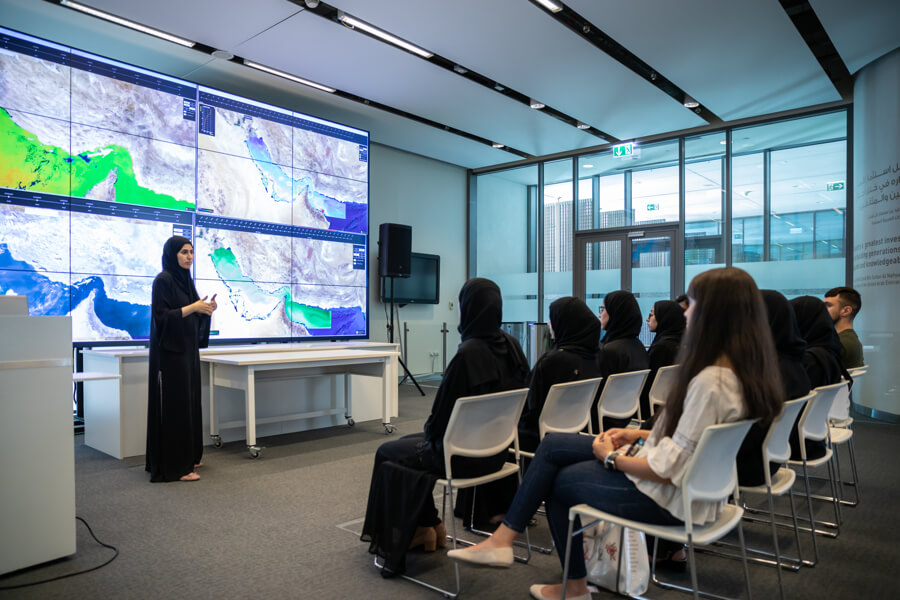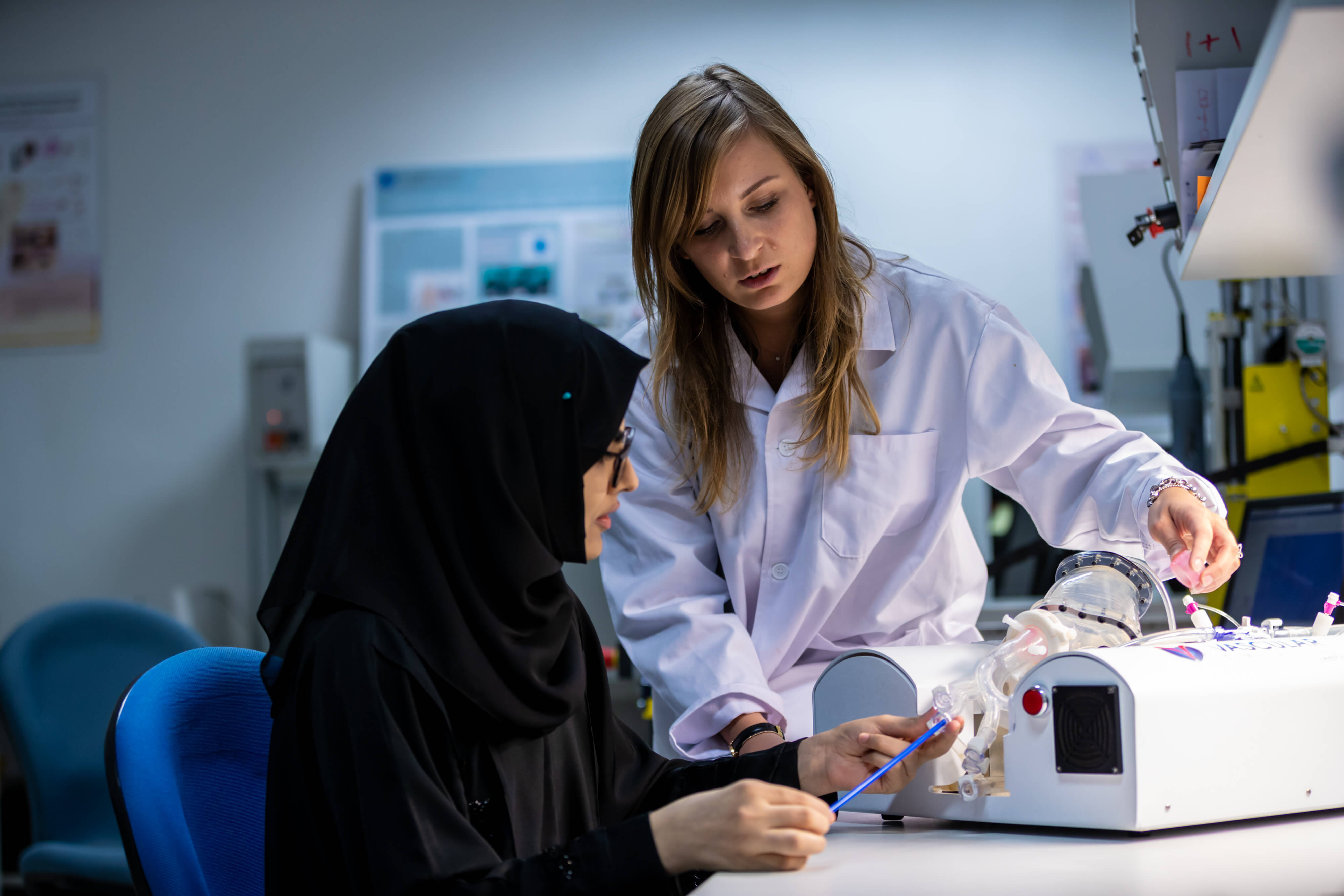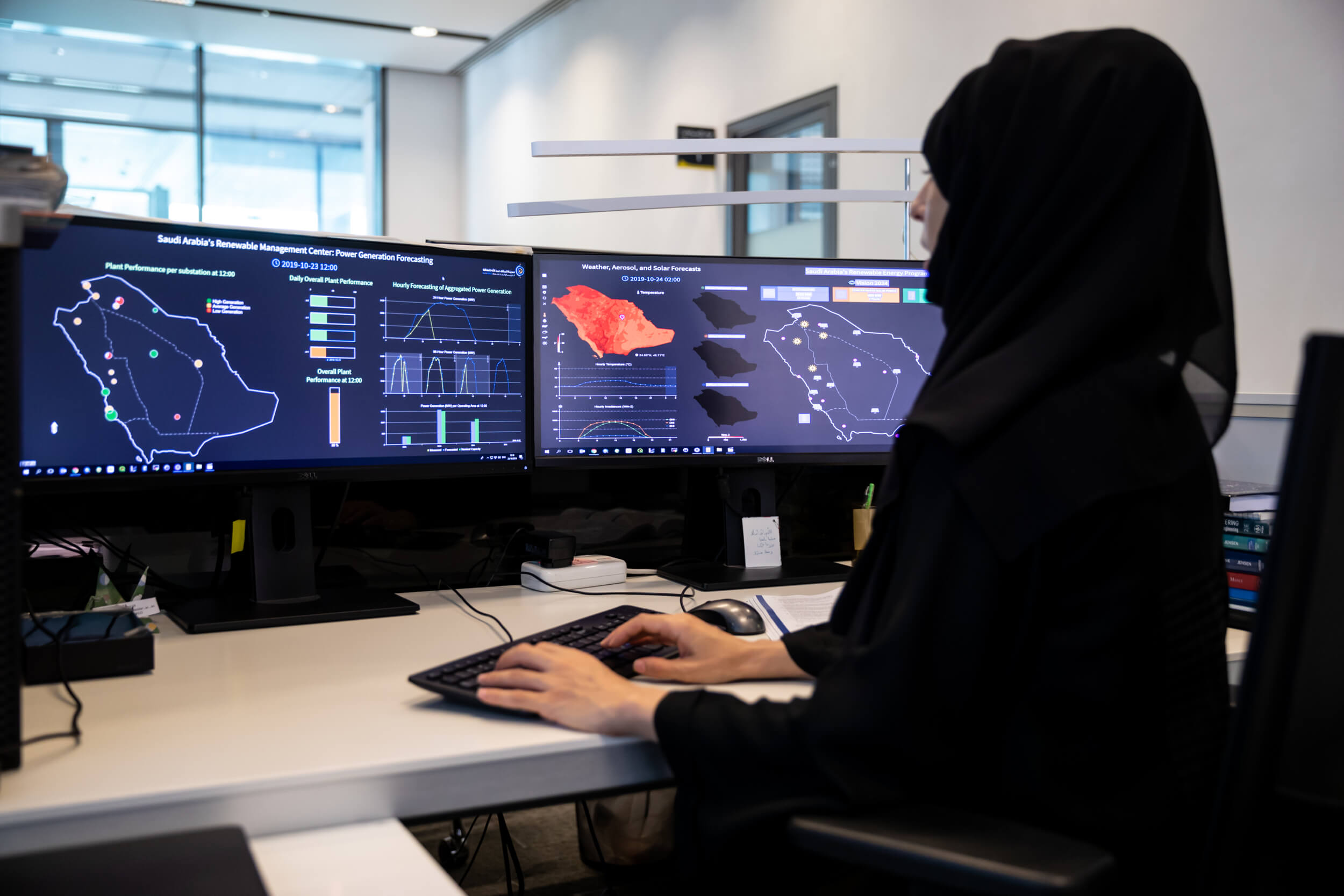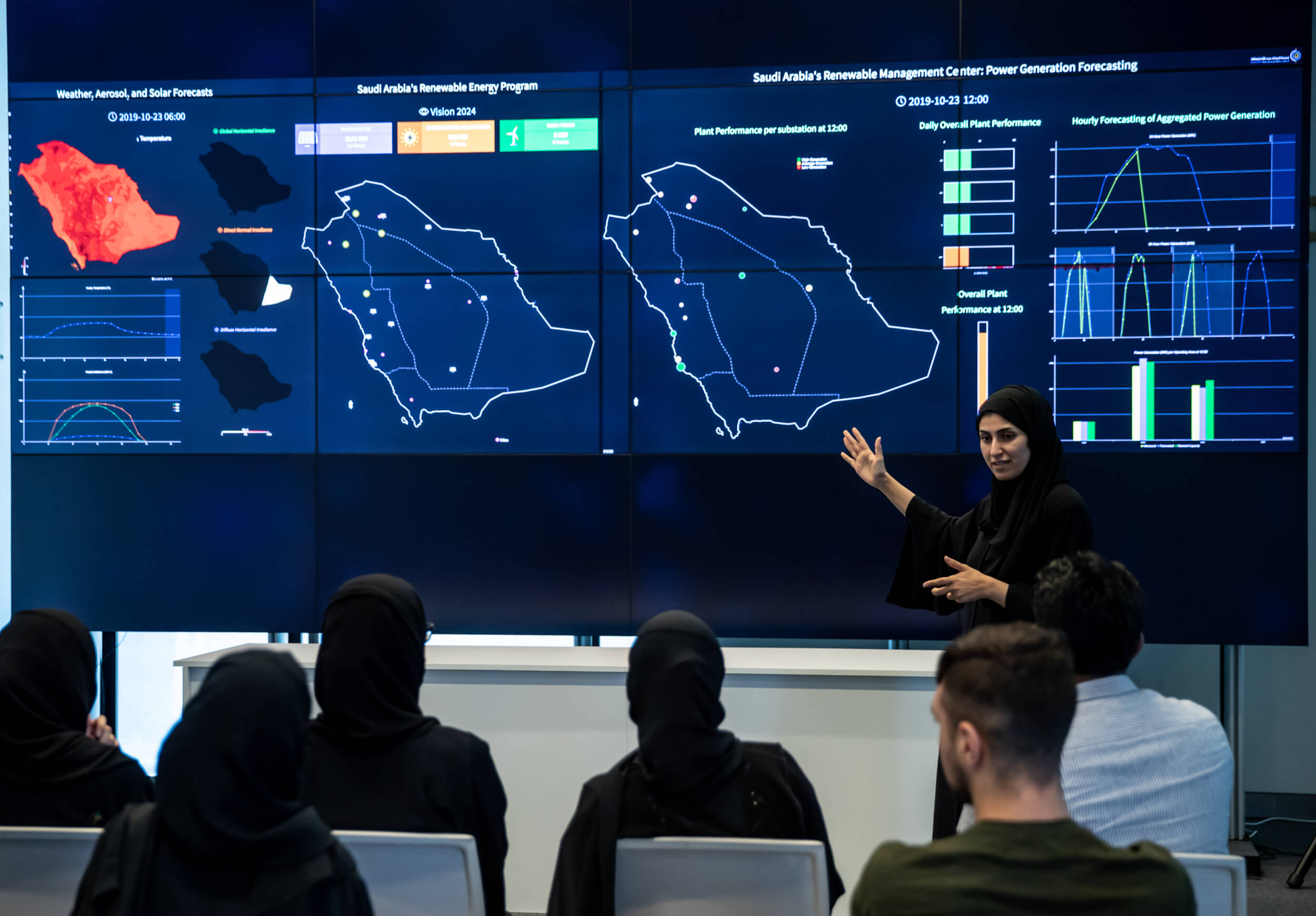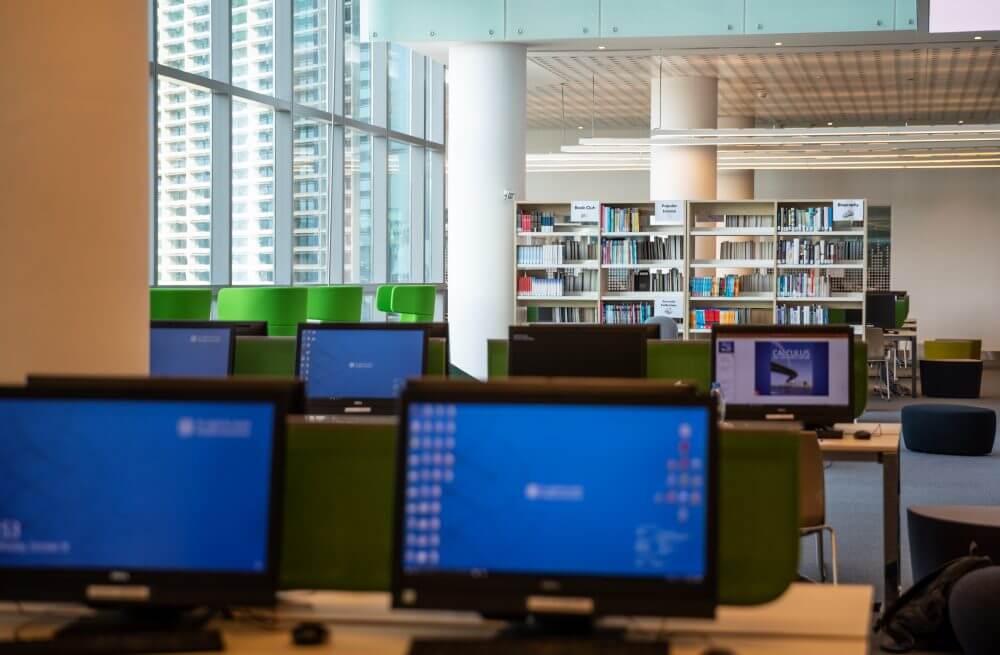Abu Dhabi-UAE: 08 April, 2012 – Masdar Institute of Science and Technology, an independent, research-driven graduate-level university focused on advanced energy and sustainable technologies, today announced a team of crowd-sourcing experts led by one of its faculty has won the international Tag Challenge competition, redefining the limits of technology-mediated social mobilization and rapid information gathering.
The worldwide gaming challenge that has never before been attempted in human history, opened on 31 March. The US State Department-sponsored competition aimed to track down five ‘suspects’ of a jewel heist in five different cities within 12 hours with the use of social media. The Masdar Institute-led team – Team Crowdscanner – led by Dr. Iyad Rahwan, Associate Professor – Computing and Information Science, in collaboration with Dr. Manuel Cebrian, Research Scientist at University of California, San Diego (UCSD), won the challenge by finding the three targets in New York City, Washington DC, and Bratislava in Slovakia within the stipulated time.
Judging from social media presence, Dr. Rahwan feels there may have been four serious competing teams. Two other teams also found a single target each, but Team Crowdscanner found those targets as well, and did so earlier than others.
Dr Fred Moavenzadeh, President of Masdar Institute, said: “This is a moment of great pride for our institution and we acknowledge the pioneering efforts undertaken by Dr Iyad Rahwan and his team members. The winning of the global challenge bears true testimony to the caliber of our faculty and the project initiatives they lead internally and externally. We believe Masdar Institute will continue to achieve more international acclaim and we thank the country’s wise leadership for their support that enables such success.”
Dr. Iyad Rahwan, Associate Professor – Computing and Information Science, Masdar Institute, said: “We were able to succeed by leveraging a combination of social media and traditional media, and by building up a reputation as a credible, reliable team. We were more selective in our social media strategy, and I believe this gave us an edge. Our victory will surely redefine the limits of technology-mediated social mobilization with implications ranging from rapid disaster response, to finding missing children, and many more similar applications.
“We were fascinated by the new TAG Challenge for two main reasons. First, a lot of people wondered if the success in the DARPA Red Balloon challenge was a lucky accident. We were determined to see if we can indeed ‘do it again’. Secondly, we realized that the TAG Challenge is much harder. Instead of locating static, massive weather balloons, you had to locate mobile people mixed within a crowd. We knew that, should we win this, we would manage to raise the bar for rapid mobilization through social media a significant notch higher.”
Dr. Rahwan added: “What is the most fascinating thing about our success, in my opinion, is the fact that none of us resides in any of the five cities. We all coordinated everything from behind our computer screens. This, to me, is what is special about the Internet. Our next step is to try to reconstruct exactly how we won, and what happened on the day of the challenge, and to learn something about what makes social media work in such amazing ways.”
Team Crowdscanner kept a similar incentive structure as in 2009 with the Defense Advanced Research Projects Agency (DARPA) Network’s Red Balloon Challenge. However, this was simplified to enable people to make more money by either finding suspects, or recruiting the person who found the suspects. Though the team has not yet decided on a way to divide the prize money, it is expected along the terms already announced – US$500 for finding the suspects, and US$100 for recruiting the person who found them. Also, anyone who recruits a person gets US$1 for the first 2,000 people recruited.
Dr. Cebrian was also part of the team that won the US$40,000 prize at the Defense Advanced Research Projects Agency (DARPA) Network’s Red Balloon Challenge in 2009. Earlier, Dr. Rahwan co-authored a paper with the Red Balloon Challenge winners on their use of social networks to mobilize people to contribute to their team’s efforts. The paper was later published in the prestigious Science journal.
Established as an ongoing collaboration with the Massachusetts Institute of Technology (MIT), Masdar Institute integrates theory and practice to incubate a culture of innovation and entrepreneurship, working to develop the critical thinkers and leaders of tomorrow. With its world-class faculty and top-tier students, the Institute is committed to finding solutions to the challenges of clean energy and climate change through education and research.


